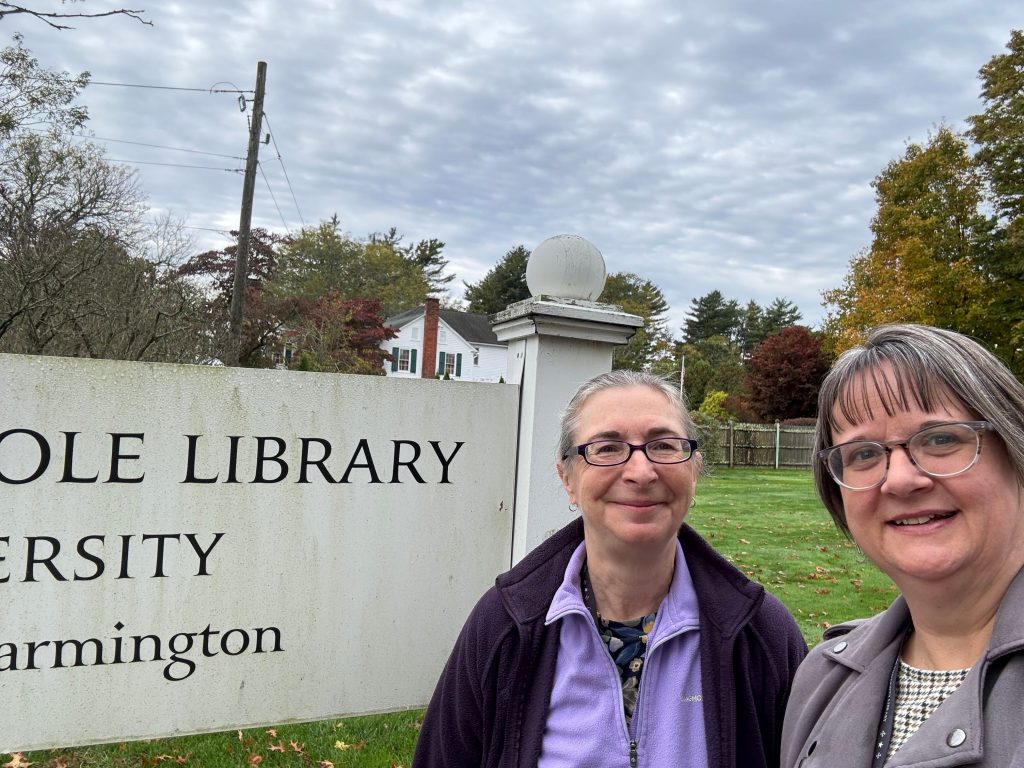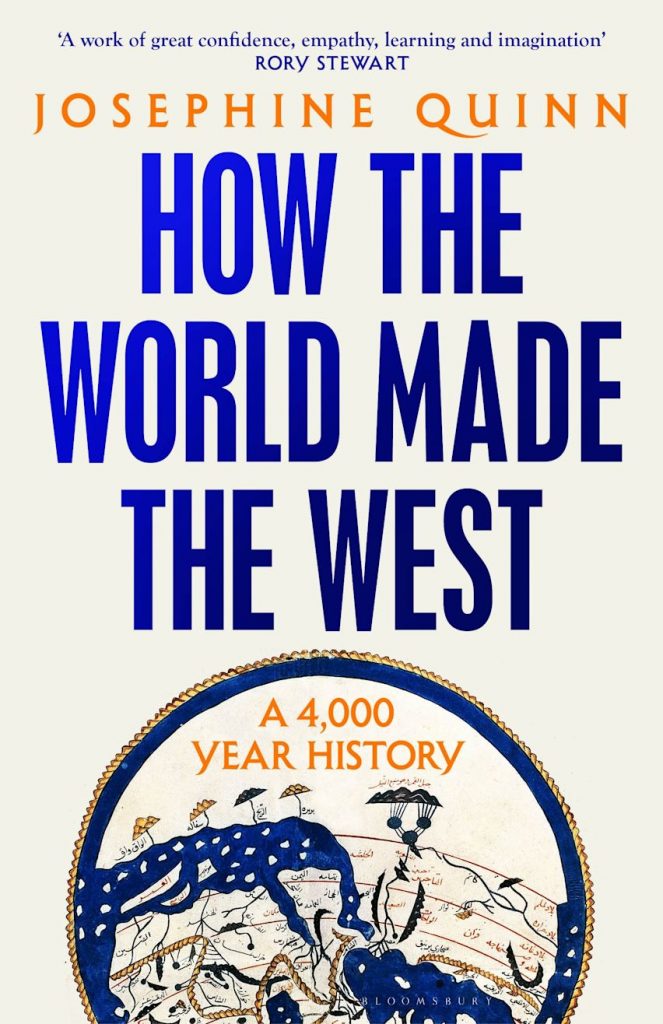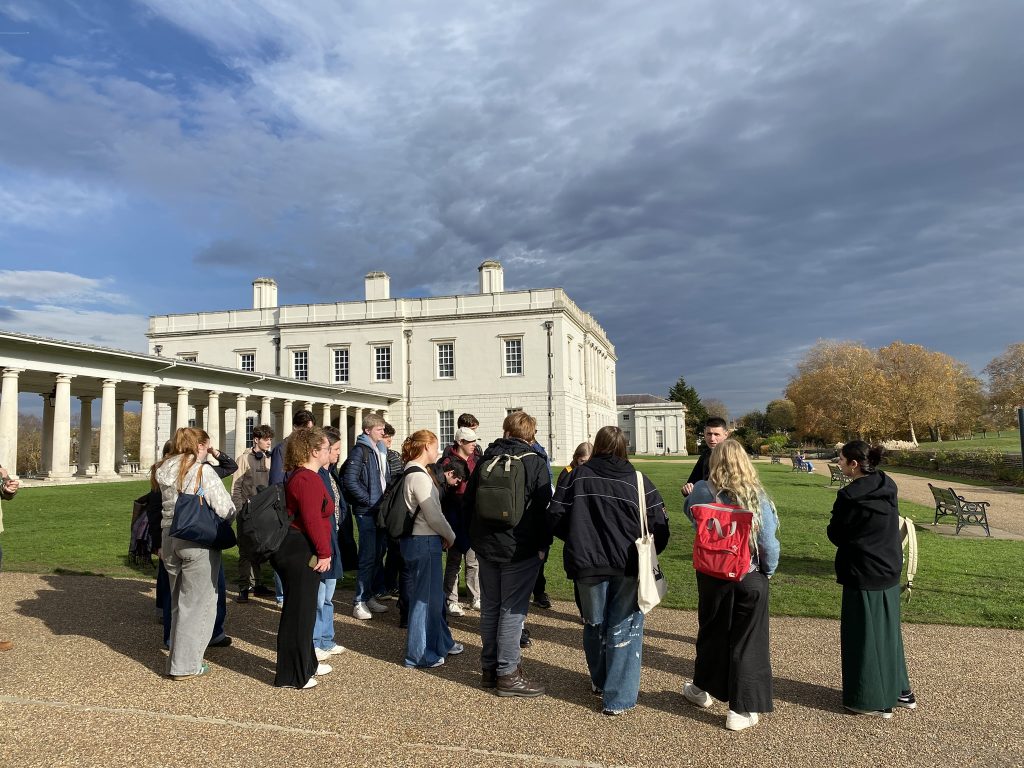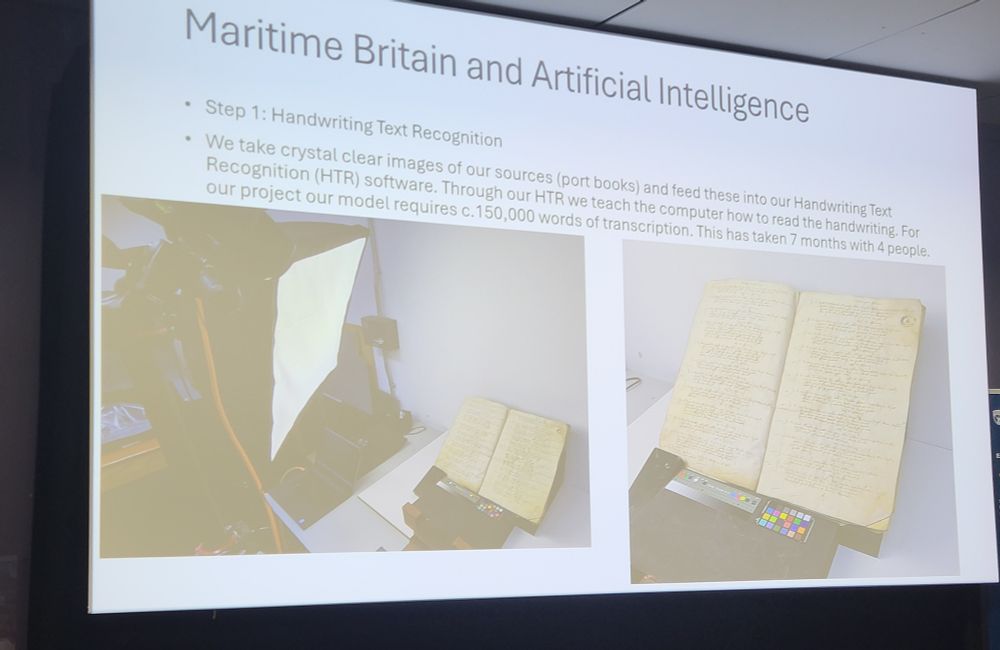
HIST6135: Themes in Medieval and Early Modern History Trip to Sailsbury
On a cold and frosty late November morning, MA students taking Themes in Medieval and Early Modern History, along with two staff members, gathered outside Southampton Central railway station to catch the train to Salisbury for a day exploring the attractions of this medieval city.
Continue reading →










